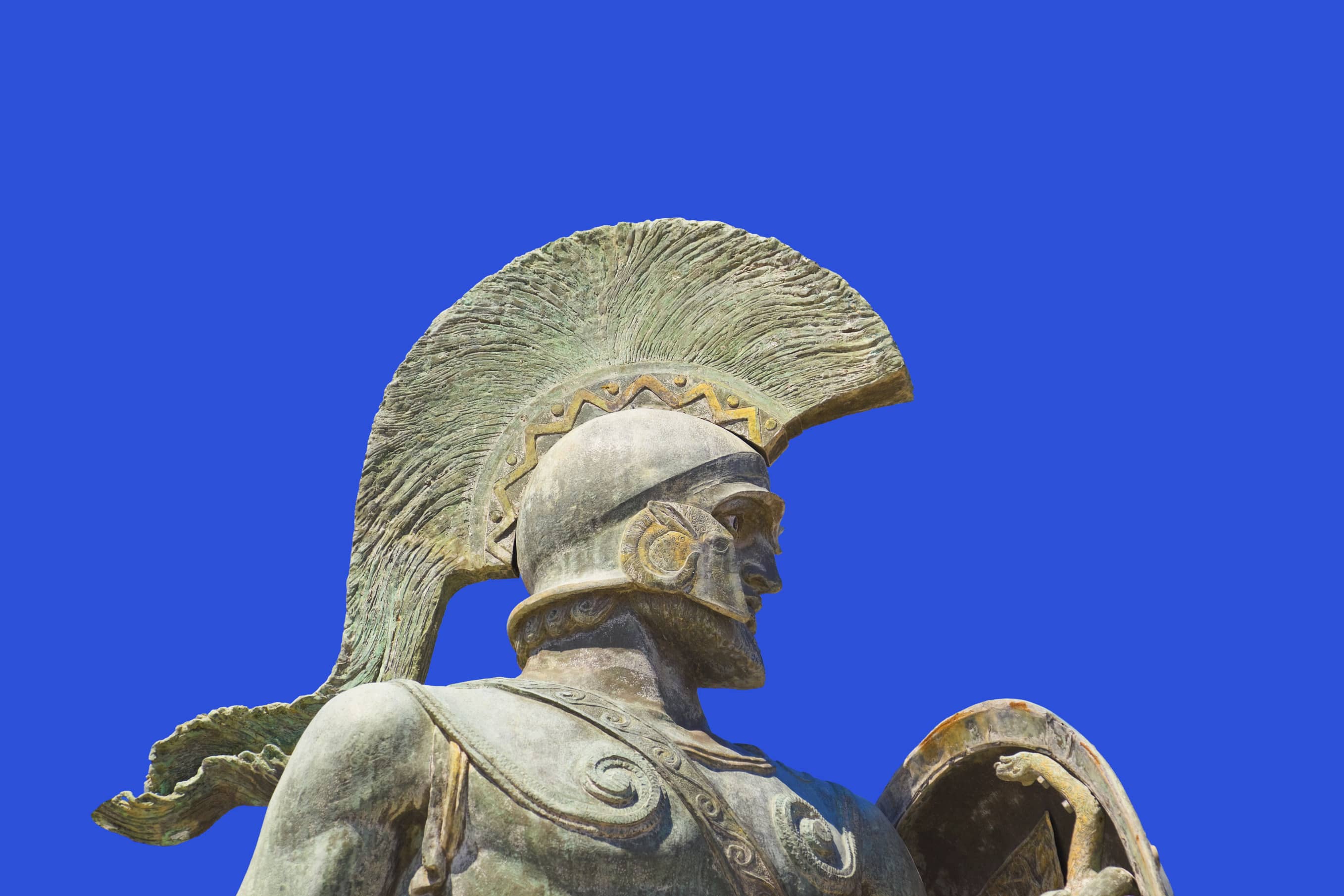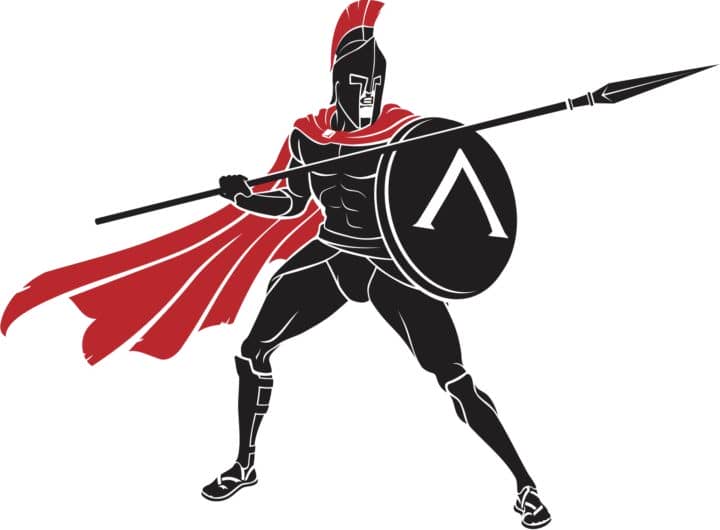 Most of us know who King Leonidas I is because of the role he played in the ancient battle at Thermopylae, where 300 brave Spartans fought the Persians to the death. Although this battle resulted in a Persian victory, the delay they faced at the pass at Thermopylae allowed the Athenians to ready their army and navy.
Most of us know who King Leonidas I is because of the role he played in the ancient battle at Thermopylae, where 300 brave Spartans fought the Persians to the death. Although this battle resulted in a Persian victory, the delay they faced at the pass at Thermopylae allowed the Athenians to ready their army and navy.
The Battle of Salamis ended with a clear Athenian victory and shortly after that, the Persians left Greece and never came back. By that time, however, King Leonidas had already sacrificed his life for the cause and although he never lived to see a Greek victory during the Second Persian Invasion, his legacy still lives on. Here’s more information about this noble Spartan king:
Early Life and Education of Leonidas
King Leonids the I was born in 540 BC. Although his father ultimately had two wives, it was the first wife who gave Leonidas life. Because he was not the first born, he wasn’t technically considered heir to the throne. As a result of this, he was allowed to attend the agoge, which was Sparta’s public school. In that culture, this meant that he not only learned about important academic subjects, but he also began training as a warrior from the age of seven, as was the custom for Spartan males. Also, in order to qualify for Spartan citizenship, he needed to successfully complete his studies. This schooling helped shape the kind of ruler he would become.
It is interesting to note that that Leonidas didn’t necessarily expect that he would become the King of Sparta. His older brother was groomed to take over. However, he was educated in the traditional way of the Spartans so that when the time came for him to take the throne, he was more than prepared.
Leonidas Takes the Throne
 Before Leonidas became king, his father, and then his brothers, ruled Sparta. His father, Anaxandridas, ruled first, but he died in 520 B.C. Cleomenes became king after that, which prompted his half-brother, Dorieus, to leave Sparta to seek his fortunes elsewhere. He tried to start a Spartan colony in Africa first and after that was unsuccessful, he moved on to Sicily where he eventually died.
Before Leonidas became king, his father, and then his brothers, ruled Sparta. His father, Anaxandridas, ruled first, but he died in 520 B.C. Cleomenes became king after that, which prompted his half-brother, Dorieus, to leave Sparta to seek his fortunes elsewhere. He tried to start a Spartan colony in Africa first and after that was unsuccessful, he moved on to Sicily where he eventually died.
Leonidas eventually took Cleomenes’ daughter as his wife before he took the throne in 490 B.C. He reined for about ten years before he took the battlefield at Thermopylae, where he ultimately perished with the rest of the Spartans who fought there. Leonidas became king after his brother, who essentially refused to fight with Athens in the First Persian Invasion, was deposed and then sent into exile.
Leonidas Leads the Combined Forces During the Second Persian Invasion
Leonidas I used his army experience to become a formidable military leader while also serving Sparta as its king. He was selected to lead the combined forces during the Second Persian Invasion, where fighters from all over Ancient Greece, including the Athenian city-state, were ready to fight. The fact that he was the military leader during this war was what caused him to be on the battlefield during Thermopylae in the first place. There were a total of 300 Spartans, 900 Helots, and 700 Thespians who fought bravely in this narrow pass, but most of the soldiers ultimately reached their death.
Although his rule was short, the impact of what he accomplished on the battlefield had a lasting effect. The Spartans ultimately lose this battle, but the fact that it caused the Persians to be delayed helped mobilize the Athenian Navy. The Persians went on to lose at the Battle of Salamis and even though this wasn’t the official end of the Second Persian Invasion, it is well understood to be one of the most pivotal battles during the war. Not only that, but this is looked at as one of the most brilliant naval victories of all time.
After their second attempt to conquer Greece failed, the Persians left and never returned, and King Leonidas and the rest of the Spartans at Thermopylae played a big role in that.

